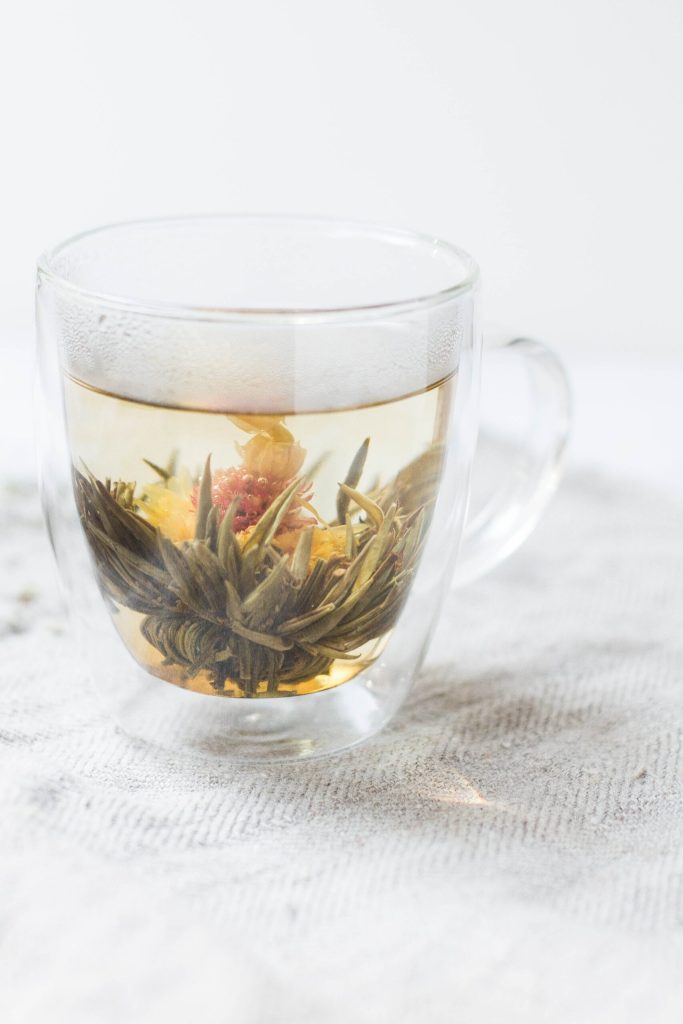Introduction: Exploring the Connection Between Turmeric, Curcumin, and Joint Pain
Turmeric and Curcumin: Natural Anti-Inflammatories for Joint Pain?
When it comes to finding natural remedies for joint pain, turmeric and its active compound curcumin have gained significant attention. This article aims to delve into the potential benefits of these spices for joint health, shedding light on their anti-inflammatory properties and their ability to alleviate discomfort. So, let’s embark on a journey to explore the fascinating connection between turmeric, curcumin, and joint pain.
Understanding Joint Pain: Causes and Symptoms
Joint pain can be a debilitating condition that affects individuals of all ages. It can be caused by various factors, including arthritis, injury, or overuse of the joints. The symptoms may include stiffness, swelling, and discomfort, hindering daily activities and quality of life. Fortunately, natural remedies like turmeric and curcumin have emerged as potential options for managing joint pain effectively.
Turmeric: A Brief Overview of the Spice and its Traditional Uses
Turmeric, a vibrant yellow spice commonly used in Indian cuisine, has been revered for its medicinal properties for centuries. Not only does it add flavor and color to dishes, but it has also been used in traditional Ayurvedic and Chinese medicine for its health benefits. Turmeric contains bioactive compounds, including curcumin, which contribute to its therapeutic potential.
What is Curcumin: The Active Compound in Turmeric
Curcumin is the primary active compound found in turmeric, responsible for its potent anti-inflammatory and antioxidant effects. Studies have shown that curcumin exhibits various pharmacological properties, including pain relief and immune-modulating abilities, making it a promising natural alternative for managing joint pain.
The Anti-Inflammatory Properties of Curcumin and its Effects on Joint Health
Curcumin’s anti-inflammatory properties have been extensively studied and have shown promising results in the context of joint health. It works by inhibiting inflammatory pathways in the body, reducing the production of inflammatory molecules that contribute to joint pain and stiffness. Additionally, curcumin has been found to have antioxidant effects, which can help protect the joints from oxidative stress and further inflammation.

